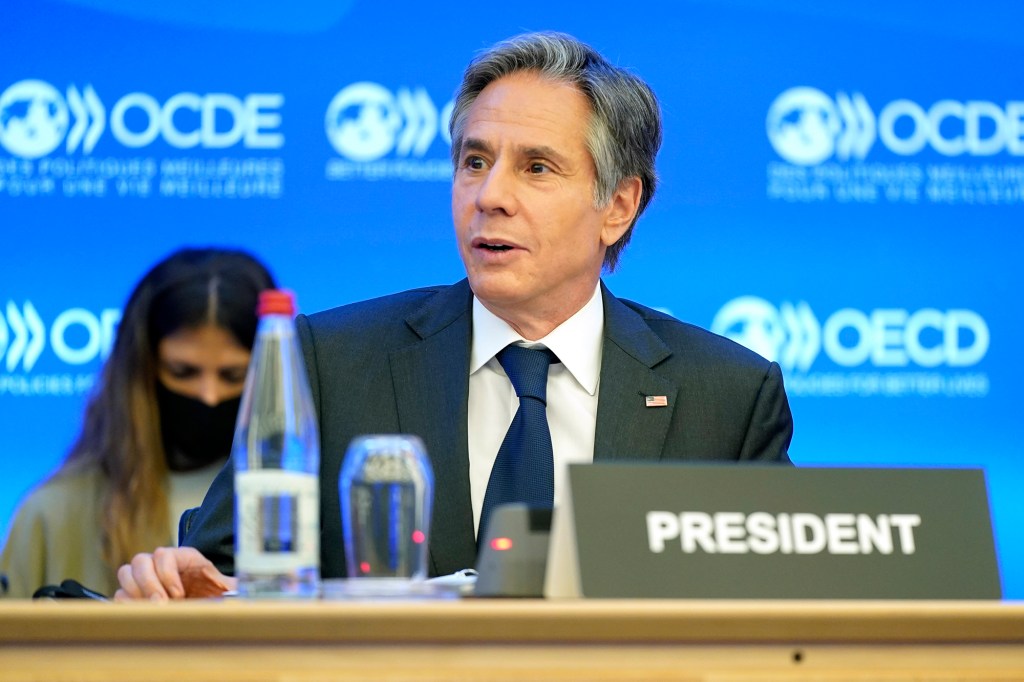Nearly 140 countries agree to minimum global corporate tax rate of 15 percent
Nearly 140 countries, representing more than 90 percent of the world’s GDP, agreed to set a minimum corporate tax rate of 15 percent Friday — in a sweeping overhaul of international tax rules that will clamp down on tax havens.
The long-awaited deal still has to be implemented by lawmakers in each country, but the agreement by 136 nations is a major breakthrough in efforts to ensure global corporate behemoths pay their share, the Organisation for Economic Cooperation and Development said.
“Today’s agreement will make our international tax arrangements fairer and work better,” Mathias Cormann, the OECD’s secretary-general, said in a statement Friday.
“It is a far-reaching agreement which ensures our international tax system is fit for purpose in a digitalized and globalized world economy.”
The deal will make sure Big Tech companies in particular — which have taken advantage of low-tax countries — pony up.
Many major US tech firms, including Facebook and Google, set up their European headquarters in Ireland, which currently has a corporate tax rate of 12.5 percent.
But Ireland was among the 136 nations to sign up to the agreement Friday, despite being a holdout initially — vowing its new 15 percent tax will take effect as soon as 2023.
Other skeptics of the deal, Estonia and Hungary, also signed on to support the agreement after assurances that there will be a long implementation period, and that small businesses won’t be hit by the new rate.
The OECD noted that Kenya, Nigeria, Pakistan and Sri Lanka have still not joined the agreement.
The landmark agreement would also force companies, such as e-commerce giant Amazon, to pay taxes wherever they have customers — even if they have no headquarters in the country.
The OECD said this will help governments capture more tax revenue from companies’ profits, as well as help spread that public revenue more evenly across large and small countries.
However, if any major country failed to implement the agreement, the deal could unravel and have little impact on global corporate tax avoidance, officials warned.
“We are all relying on all the bigger countries being able to move at roughly the same pace together,” Irish Finance Minister Paschal Donohoe said, according to the Wall Street Journal.
“Were any big economy not to find itself in a position to implement the agreement, that would matter for the other countries. But that might not become apparent for a while.”
The countries are targeting 2023 for implementation of the agreement.
US Treasury Secretary Janet Yellen hailed the deal as “a once-in-a-generation accomplishment for economic diplomacy.”
Yellen congratulated countries that “decided to end the race to the bottom on corporate taxation” and expressed hope that Congress will quickly implement the deal in the US.
“International tax policymaking is a complex issue, but the arcane language of today’s agreement belies how simple and sweeping the stakes are: When this deal is enacted, Americans will find the global economy a much easier place to land a job, earn a living, or scale a business,” she said in a statement.





